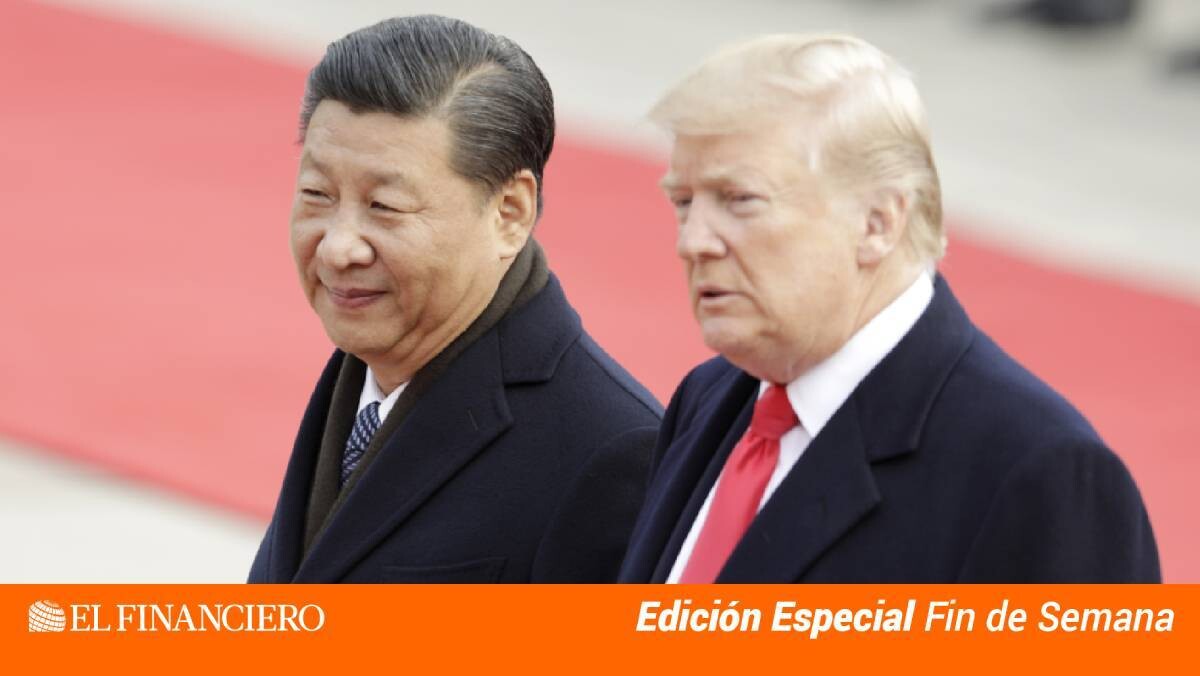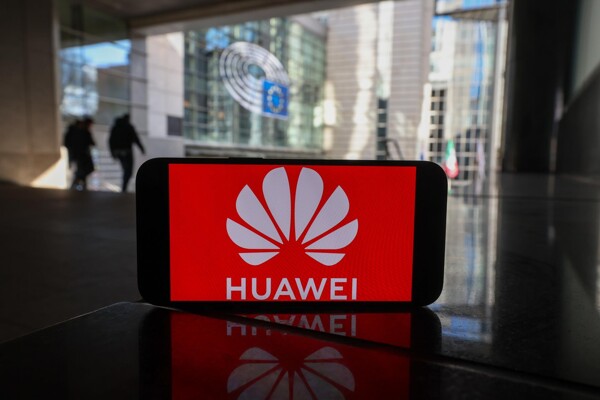
China has consolidated its economic position against trade tensions with the United States through strong trade ties with more than 120 countries, making the Asian giant its main trading partner. These strategies have strengthened the perception of the solidity of the Chinese project in the face of any temporary adversity.
To counter economic pressure, China imposed reciprocal tariffs on key imports from the European Union, impacting sensitive sectors for Trump. It also maintained technological pressure through legislations such as the CHIPS Act and additional restrictions on Chinese companies in an attempt to curb their technological advancement.
Despite this, the U.S. strategy remains conditioned by its electoral cycles, limiting its capacity to develop a coherent and lasting strategy towards China. In contrast, China bets on resistance, adaptation, and perseverance, relying on its historical tradition to maintain its course of "national rejuvenation" in the face of any external challenge.
China has diversified its markets and international alliances through strategic trade agreements such as RCEP and its "Belt and Road" initiative. This strategy, along with the technological self-sufficiency promoted by the "Made in China 2025" plan, reinforces China's position in light of U.S. pressures.
Mao Tse Tung's emblematic phrase, "American imperialism is a paper tiger," gains relevance in the context of the trade war between China and the United States. This metaphor reflects China's resilience and its strategic vision for the future in the face of sanctions and tariffs considered momentary attacks.
Xi Jinping has reinforced this narrative of resistance, highlighting that the Chinese economy is a "sea" and not a "pond." Xi's recent visits to Europe and Asia support this stance and reflect China's determination in the face of external challenges.
China has used its dominant position in the rare earth market as a strategic weapon, promoting investments in advanced technologies to reduce its technological dependence on the EU. The approval in 2021 of the Anti-Sanctions Law strengthens China's ability to counter foreign punitive measures and sanction companies that comply with U.S. restrictions.
In summary, China's strategic actions have strengthened its economic position and its capacity for resistance in the face of U.S. trade pressures, showing long-term planning and firm determination that contrasts with the volatility of U.S. policies conditioned by electoral cycles.














